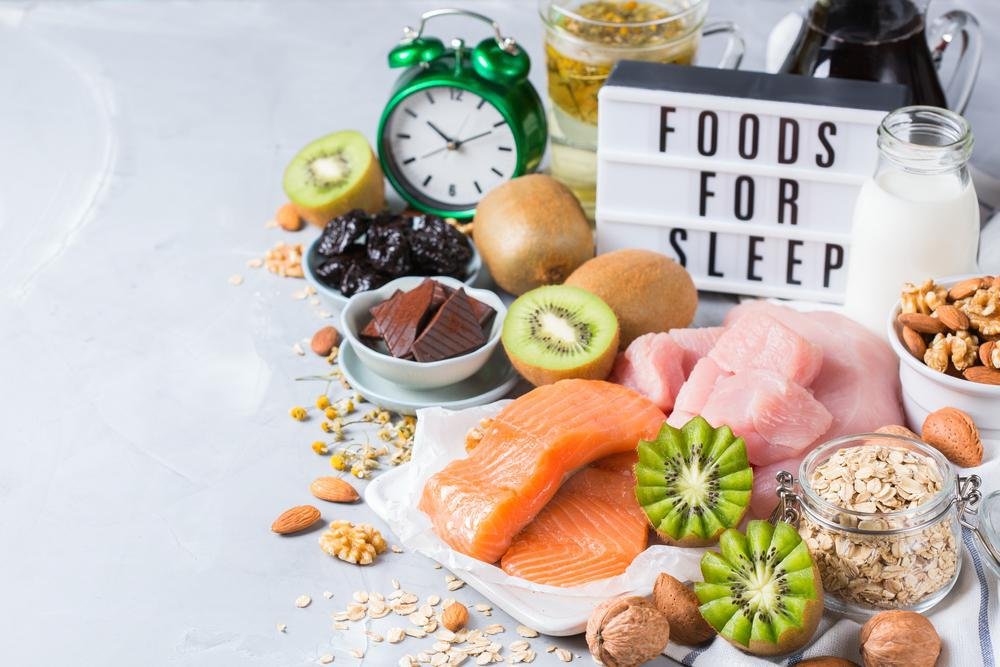Foods to combat insomnia from a beneficial diet based on an ideal diet as a treatment against insomnia. And there are certain foods that can be useful when it comes to sleeping and resting better.

There is no doubt that one of the main enemies of good rest is insomnia, which can appear suddenly and disappear in the same night (acute insomnia), or it remains over time, becoming what many experts consider as insomnia chronic. In these cases we must not forget that this insomnia should be considered as a symptom or side effect of some other disorder, which should be studied by the specialist.
Be that as it may, in most cases insomnia tends to be more of an acute insomnia, which appears above all as a consequence of certain stress and anxiety situations that concern the person, or due to certain traumatic situations. So it usually doesn’t last for more than days or weeks.
We must also bear in mind that our lifestyle negatively or positively influences our rest. Thus, if we enjoy a healthy and relaxed life, we will rest well, and if we lead a less calm life (as well as an unbalanced diet), it will probably sooner or later influence our rest.
That is why many nutritionists pay attention to adequate nutrition against insomnia, since just as we can find stimulating and excitatory foods that negatively influence sleep conciliation, there are also foods whose benefits are useful for sleeping well (we can take into account, for example, a correct diet to sleep well).
Adequate foods against insomnia
- Foods rich in vitamin B6: vitamin B6 is an essential nutrient that helps absorb tryptophan, an essential amino acid that helps regulate the daily cycle of wakefulness and sleep, as well as providing a relaxing effect. You can find it in skim milk or lean meat.
- Foods rich in tryptophan: it is one of the most recommended essential amino acids at bedtime, since it has a relaxing effect and is useful in regulating the wake and sleep cycle. You can find it in dairy, eggs, bananas, turkey or tuna.
- Foods rich in magnesium: acts on the neurological system promoting sleep, as well as providing a relaxing effect helping to avoid stress. You can find it in cereals, legumes, nuts and fruits such as apricots or bananas.
- Foods rich in iron: taking into account that low levels of this mineral make it difficult to fall asleep correctly, it is advisable to consume fish, lentils, green leafy vegetables and red meat to ensure a correct supply of this mineral.
Nor should we forget the relaxing infusions and herbal teas, especially recommended at bedtime. The infusion of valerian, the infusion of linden and the infusion of lemon verbena stand out. Of course, they are extremely simple to prepare, and they will be useful when it comes to falling asleep.































